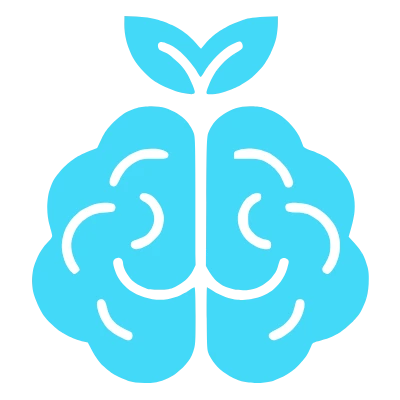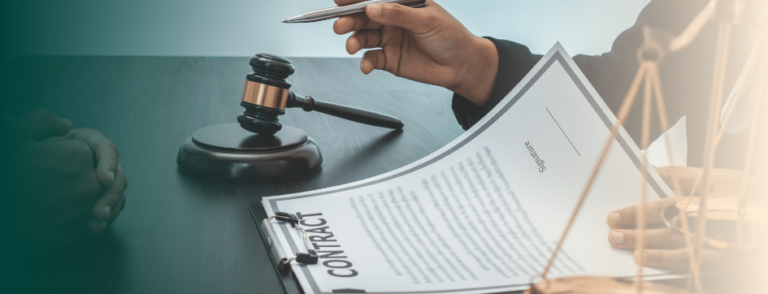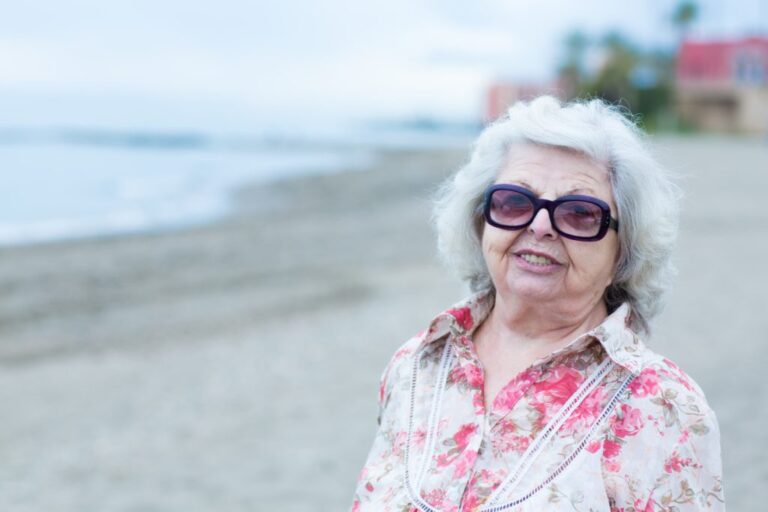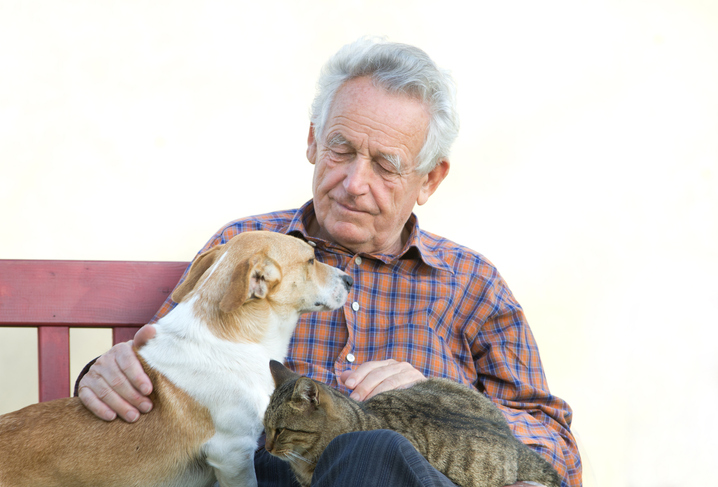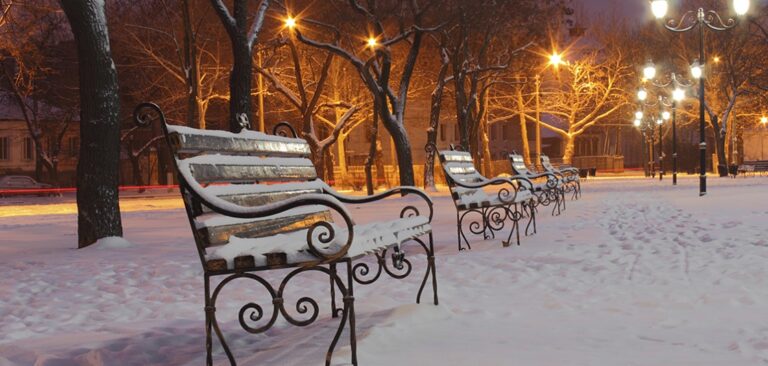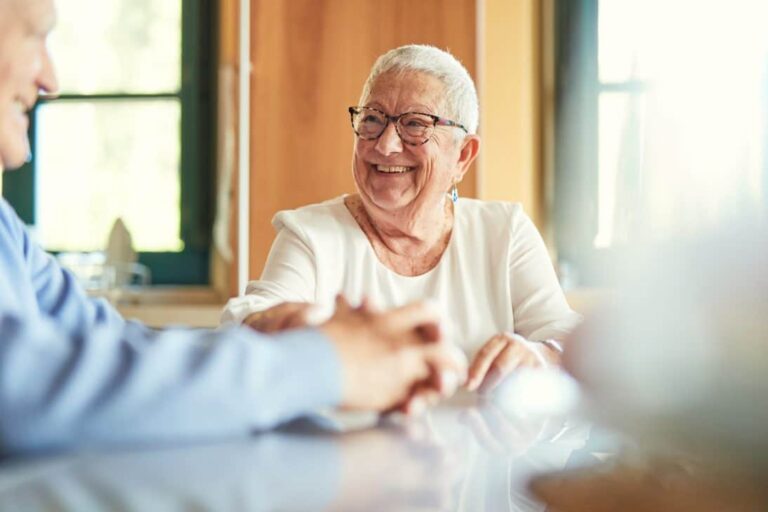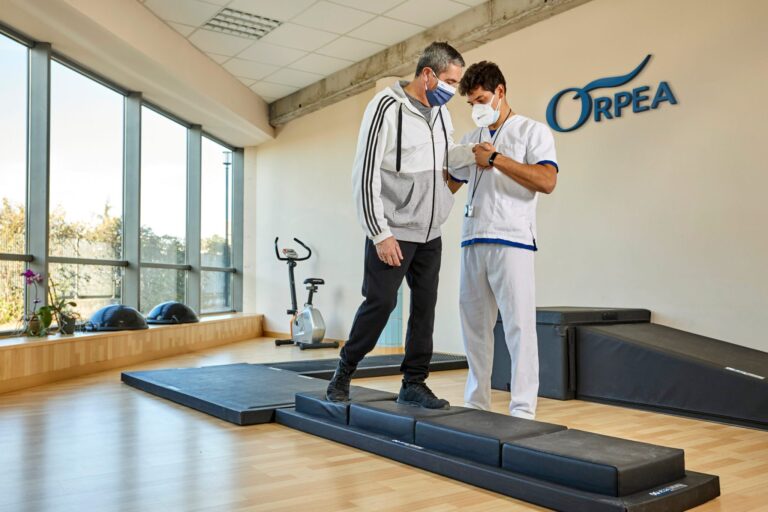Personal hygiene is essential for the health and well-being of all people, especially for older people. As we age, it is common to experience difficulties maintaining good hygiene due to physical or mobility problems. But, maintaining good hygiene in older people is key to preventing diseases and improving their quality of life.
In this article, we are going to talk about some tips and recommendations so that older people can maintain good hygiene in their home.
We hope that this information is useful to you and can improve your quality of life!
Importance of body hygiene in the elderly
Aging is part of life and it is common to experience certain difficulties as a person ages. When an elderly person cannot perform certain tasks due to physical or mobility problems, their ability to maintain good hygiene will also be compromised. Therefore, helping older people maintain a good daily grooming routine can help them feel better and also prevent certain diseases.
Older people have a weaker immune system and are more susceptible to infections and diseases. Poor hygiene can increase the risk of contracting diseases such as respiratory, gastrointestinal and skin infections. Additionally, poor hygiene can lead to mental health problems such as depression and low self-esteem.
Maintaining good personal hygiene, such as daily bathing, hand washing and tooth brushing, can prevent the spread of bacteria and viruses, improve overall health and increase confidence and self-esteem in older people. Therefore, it is important that older people receive the attention and care necessary to maintain good hygiene, both personally and in their environment.

Tips for personal hygiene in older people
Maintaining good personal hygiene is essential for the health and well-being of all people, especially older adults. Below are some tips to help older adults maintain good personal hygiene.
Bath
Daily bathing is essential to maintain good personal hygiene. If the elderly person has difficulty taking a shower or bathing in the bathtub, wet wipes or a sponge can be used to clean the most important areas of the body, such as the face, armpits, genitals and feet.
Handwashing
Handwashing is essential to prevent the spread of bacteria and viruses. Older adults should wash their hands with soap and water for at least 20 seconds, especially before eating and after using the bathroom.
Dental care
Teeth brushing should be done twice a day, for at least two minutes each time. If the elderly person has difficulty holding a toothbrush, electric toothbrushes or toothbrushes with larger, more ergonomic handles can be used.
Hair care
Hair care is important to maintain good appearance and health. If the elderly person has difficulty washing their hair in the shower, dry shampoos can be used to avoid excessive use of water.
Nails
Nail care is important to avoid the accumulation of dirt and bacteria. They should be cut regularly and kept clean to prevent infections and health problems.
Skin care
Skin care is important to avoid dryness and infections. The use of moisturizers and lotions is recommended to keep the skin soft and hydrated.
Clothes and bedding
Clothes and sheets should be washed regularly to prevent the buildup of dirt and bacteria. It is important that the elderly person has enough clean clothing and bedding at their disposal.
Caregivers to help with hygiene in older people
Hygiene in older people is essential to maintain good physical and mental health. For older people, it often becomes more difficult to take care of their personal hygiene due to decreased mobility or health problems associated with aging.
Caregivers are an important part of the solution to help seniors maintain their personal hygiene.
These professionals can help seniors with a variety of activities related to personal hygiene. Some of the tasks that caregivers can help perform include bathing, dressing, combing hair, brushing teeth, cutting nails, among others.
In addition, they can help older people remember when to do these activities, since often older people can forget when they last bathed or when they should cut their nails.
It is important for caregivers to be understanding and respectful when providing assistance with personal hygiene activities. The privacy and dignity of the elderly person must always be respected.
Caregivers of older people should also be patient and calm, especially if the older person has difficulty performing certain personal hygiene activities. Older people can often feel embarrassed or uncomfortable needing help with these activities, and it is important for caregivers to be sensitive to this.
In addition to helping with direct personal hygiene, these professionals can help seniors maintain a clean and tidy environment. This may include helping to clean the senior’s bathroom or bedroom, as well as helping to wash and fold the senior’s bedding and clothing.
What do you think of these tips on hygiene for the elderly?
